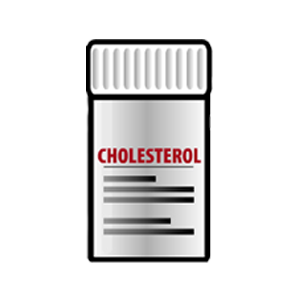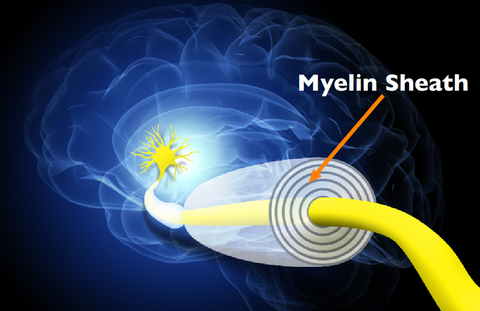
Improve Cholesterol Balance
CHOLESTEROL CAN BE AMAZING!
What if we told you that 60-70% of all heart attacks occur with normal cholesterol levels? How can this be? Cholesterol may play a role in your risk of having a heart attack or stroke, but there are many other factors besides having high cholesterol that affects your risk.
What does cholesterol do? We believe when most people discuss cholesterol they think of it as something bad, or are proud that their cholesterol is so low, believing the lower the cholesterol the better.
Cholesterol is necessary for the production CoQ10, a powerful antioxidant a coenzyme involved in energy production of every single cell in our body. CoQ10 is most famous for keeping the heart healthy. Taking a statin medication lowers the body’s level of CoQ10. So in the end something that is supposed to help lower your bad cholesterol levels is also hurting you by reducing your CoQ10 levels. This is problematic and leads to several health issues, or as they are popularly described as “side-effects.”

HOW DO I IMPROVE MY CHOLESTEROL?
Step 1: Take one tablespoon of cod liver oil each morning for the first two to three weeks, letting your body acclimate. Then move to two tablespoons per day based on your weight. We recommend the Alaskan Cod Liver Oil right off the spoon; this will give you approximately 1500-3000 mg of EPA/DHA per day.
Step 2: Take two tablespoons of ground flax seeds or chia seeds per day.
Step 3: Vitamin C is a natural cholesterol reducer. Berries, oranges, grapefruit, lemons, limes, watermelon, pineapple, broccoli, kale, asparagus and sweet potatoes.
Step 4: Start eating higher quality foods leafy greens, spirulina/chlorella, wheatgrass, hemp seeds, pumpkin seeds, walnuts, squash, broccoli, oatmeal and beans.
Step 5: Drink more water, 6-8 ounces of water per hour!
Step 6: Move your body on a daily basis!
Step 7: Get a good night’s sleep!
SHOULD I TAKE A STATIN MEDICATION TO IMPROVE MY CHOLESTEROL?
What is a statin medication? Statin medications have been on the market for more than twenty years and are the most prescribed medication in the world to help lower cholesterol. Statins are “Big Business,” a multi-billion dollar business (~$20 Billion) and continue to grow! The statin class of drugs is very effective at reducing cholesterol. They do their work in the liver by suppressing an enzyme called HMG-CoA. When you block the enzyme HMG-CoA, you also block the production of CoQ10 as we mentioned earlier, a powerful antioxidant coenzyme. A deficiency in CoQ10 can lead to multiple problems such as leg pain or cramps, impotence, depression and memory loss, type 2 diabetes, shortness of breath or fatigue, cardiac palpitations and liver enzyme abnormalities. Statin Medications can also lead to Alzheimer’s, Parkinson’s and Multiple Sclerosis--due to the breakdown of the Myelin Sheath.

HOW DO I GET OFF OR LOWER THE DOSE OF MY CHOLESTEROL MEDICATIONS?
Do not change one thing with your medications for the first month or two. Get your new habits described above in place. Then set up an appointment and get your doctor on board with your new plan. Discuss with your doctor your intentions to slowly get off your cholesterol lowering medication. In three months get another blood test to monitor your cholesterol profile. For example if you are currently taking 40 mg of your statin medication cut the dosage to 20 mg and get another blood test in three months. As your cholesterol profile improves cut your dosage again to 10 mg and follow the same protocol until you are off your statin medication. We are very passionate about helping people get off of their statin medications because we know it is possible and what we are sharing with you works! By slowly working with your doctor and improving your lifestyle habits your need for cholesterol medications can disappear!



1 comment
Hi Chris,
I am so glad I decided to read more today. The steps that you laid out are perfect for me. They are easy and simple to follow. I started taking statin medication 30 days ago at 10 mg. I’d much rather follow the steps that you’ve provided moving forward.
Thank you,
Loretta
Loretta Coleman
Leave a comment
This site is protected by hCaptcha and the hCaptcha Privacy Policy and Terms of Service apply.